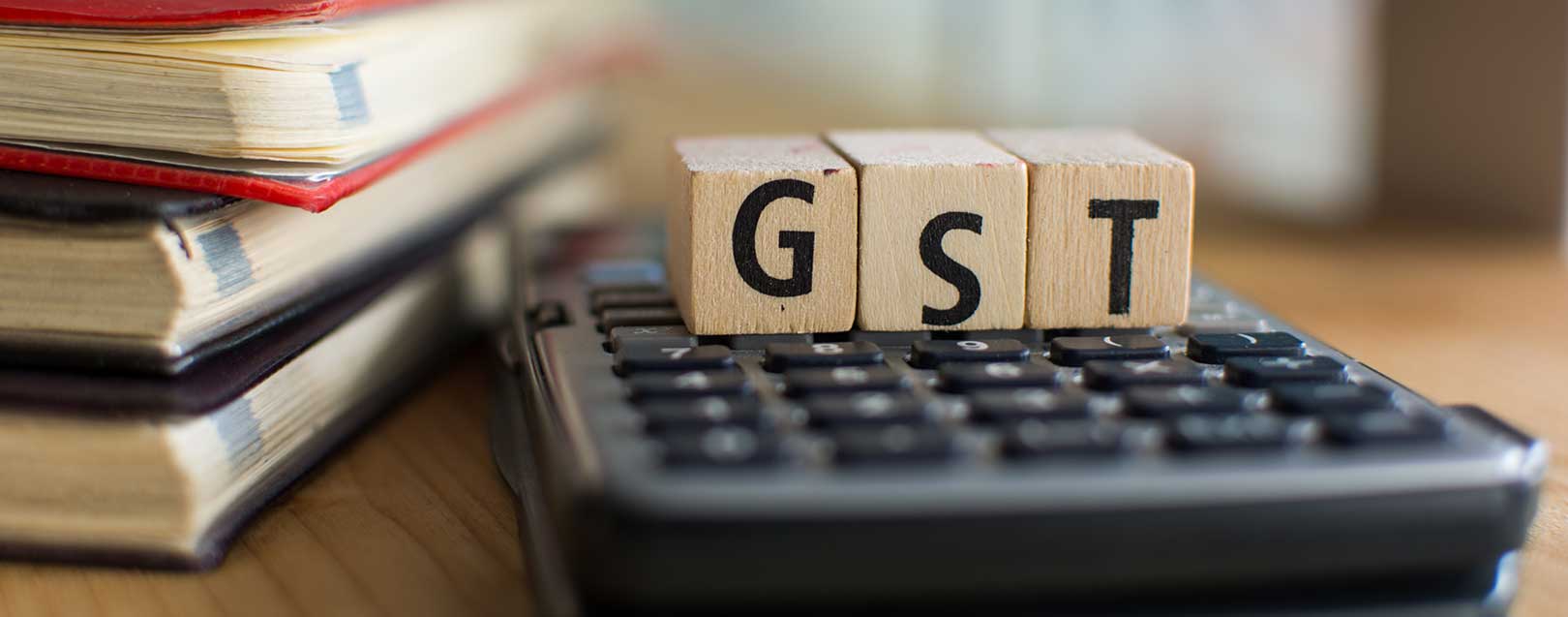
Goods and Services Tax (GST)-rollout is just around the corner. In fact, by the time you read this column, India would have converted into a unified market by embracing what’s being touted as the most radical and progressive tax reform the country has ever seen. And, as they say, the subsuming of various central and state taxes into a single GST, complete and comprehensive set off of input tax credit (both in respect of goods and services) and phasing out of Central Sales Tax (CST) will only add to the competitiveness of India’s manufacturing and services sectors.
So far, so good. I do not doubt that in the long run GST will help the Indian economy and its various sectors. What I am little worried about though is the future of India’s exports that have been in doldrums for quite some time now (although exports have been recovering over the past few months, there is nothing to celebrate about it). And I have my reasons.
While exports are zero-rated under GST and exporters will indeed get input tax credit, they will have to pay taxes first and apply for refunds later. And this is bound to aggravate the working capital woes of exporters who are already burdened with high cost of capital and are on the constant lookout for working capital financing options. While Commerce & Industry Minister Nirmala Sitharaman has assured exporters that 90% of the refund will be processed within seven days, exporters whom I have been interacting with on a regular basis are worried that this may not be feasible. And even if it’s possible, is there really a need for a ‘pay-first-and-get-a-refund-later’ mechanism that makes money sit idle or change hands with no returns to either party? It could have been better used by an exporter to fund his working capital needs and in turn boost India’s exports.
Another issue of concern is that there is still a lack of clarity on how the different schemes under the Foreign Trade Policy (FTP) 2015-2020, especially those that deal with remissions, will function in the GST regime. Under GST, if the input credit is getting refunded, then the duty drawback system might just not be needed. Although the government has assured that it will continue with duty drawbacks, critics doubt the intention considering the very nature of the two systems. While drawback is a presumptive benefit (for which you do not need to present any documents), the GST-input credit system works on a fact-based, document-based refund system. How long can these two different systems prevail concurrently is a big question that needs an answer.
Imports usually attract three types of duties – basic customs duty (BCD), countervailing duty (CVD) and special additional duty (SAD). Post GST, instead of CVD and SAD, Integrated Goods and Service Tax (IGST) will be applicable. And since all duties are being subsumed into IGST, except the BCD, post-GST the overall benefits and their percentages are also likely to change. When? Well, it all depends on when the government wants it to change! No doubt, it’s a logical step. But if the drawback rates go down further (Indian exporters have been complaining of low rates of drawback for long now), it is going to hurt the competitiveness of Indian products really hard, across international markets.
Add to this, the confusion that still exists with respect to transferability of duty scrips under Merchandise Exports from India Scheme (MEIS) and Services Exports from India Scheme (SEIS). At present, the duty scrips granted under these schemes are freely transferable, but whether they will remain so under the new regime is not clear. This has also been giving sleepless nights to many exporters who rely on these incentives to stay afloat.
No doubt, GST is expected to bring paradigm shift in the indirect taxation structure of the country. But then at what cost? That’s something worth pondering. You would agree!
Get the latest resources, news and more...
By clicking "sign up" you agree to receive emails from The Dollar Business and accept our web terms of use and privacy and cookie policy.
Copyright @2026 The Dollar Business. All rights reserved.
Your Cookie Controls: This site uses cookies to improve user experience, and may offer tailored advertising and enable social media sharing. Wherever needed by applicable law, we will obtain your consent before we place any cookies on your device that are not strictly necessary for the functioning of our website. By clicking "Accept All Cookies", you agree to our use of cookies and acknowledge that you have read this website's updated Terms & Conditions, Disclaimer, Privacy and other policies, and agree to all of them.

